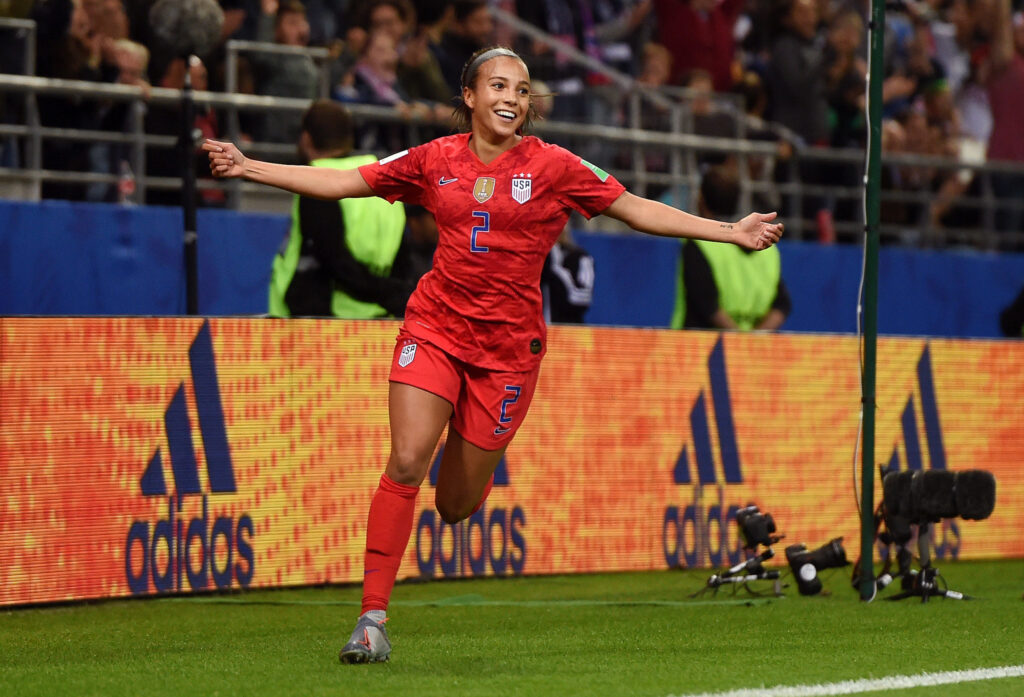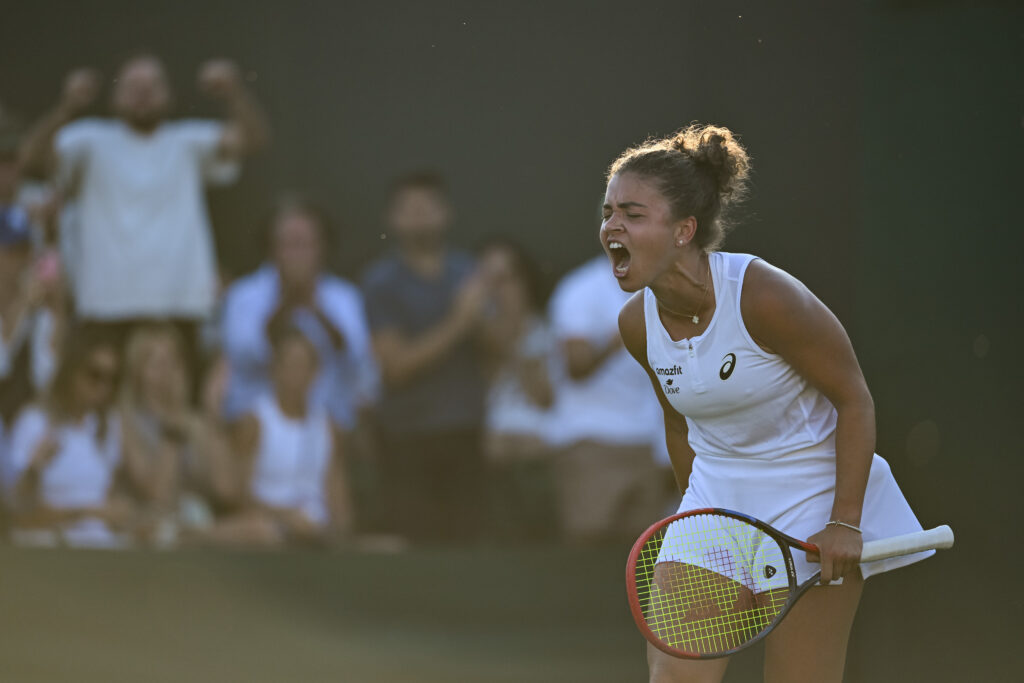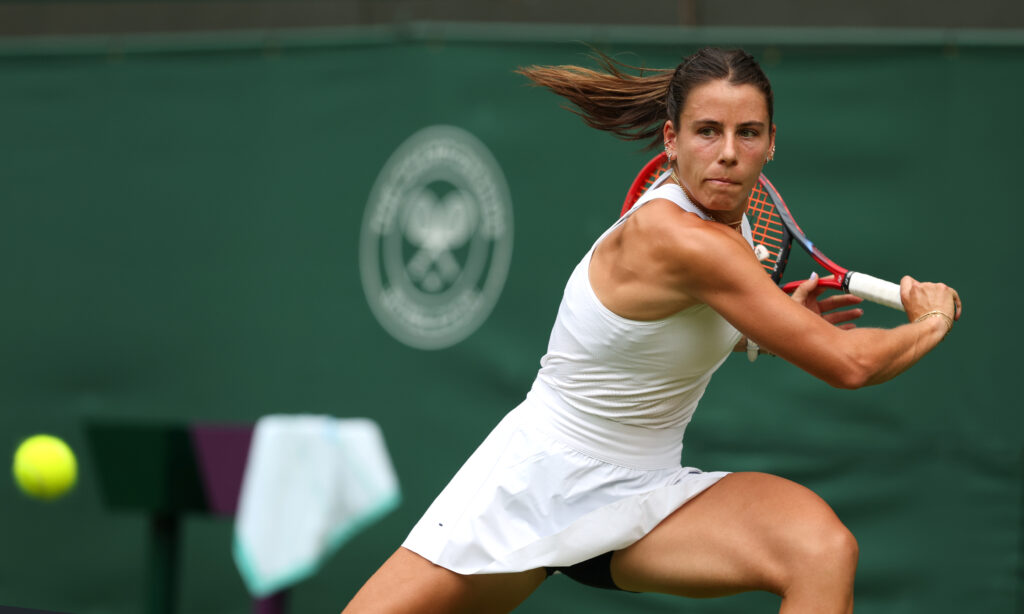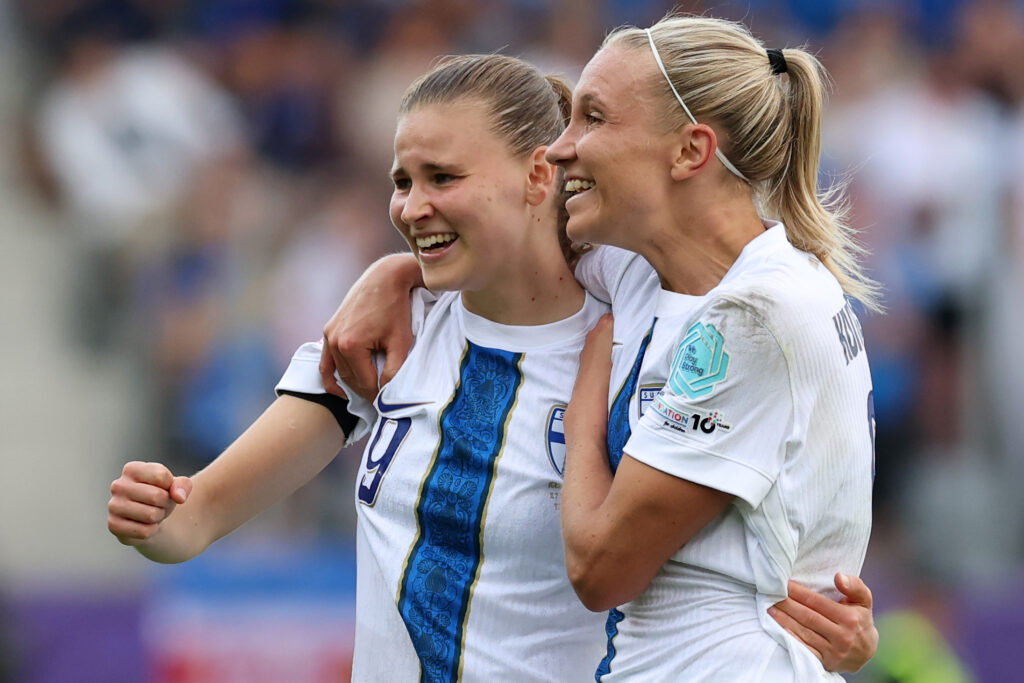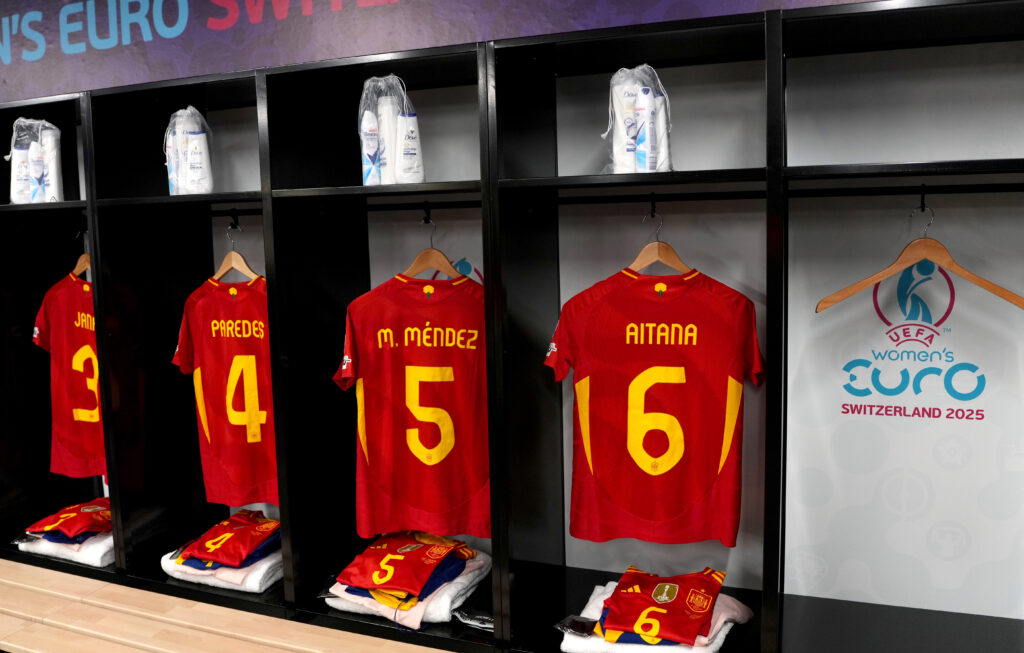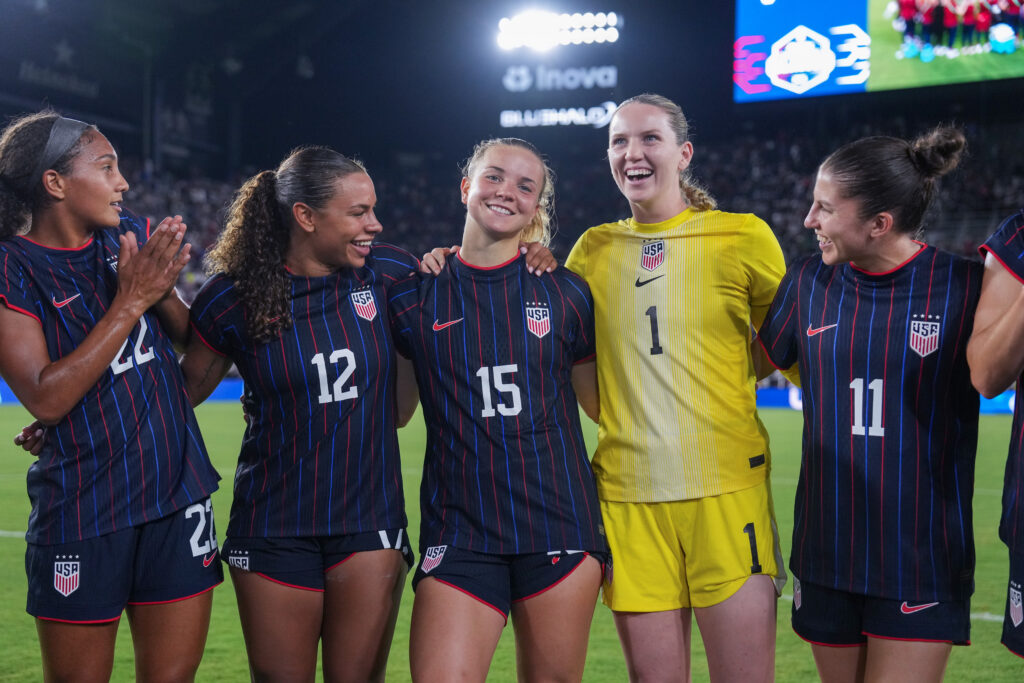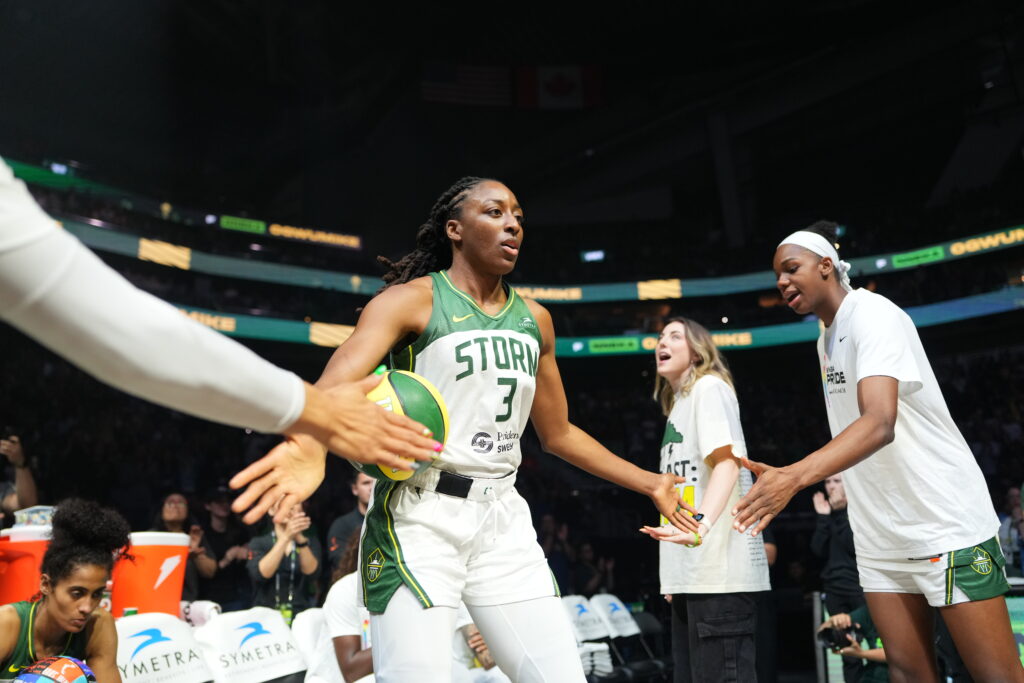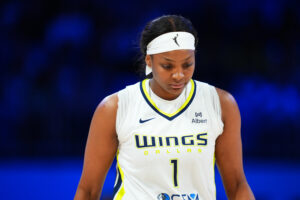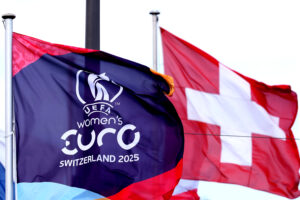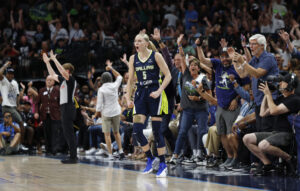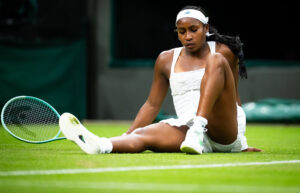Mallory Pugh’s rise through the U.S. Soccer ranks was fast and furious. In just 7th grade, she began playing on the U.S. national youth teams, but always for the age-group a level up from hers. In the middle of her senior year of high school, at 17 years old, she was called up to the senior USWNT. By the time she graduated, she had made the Olympic qualifying roster for the 2016 Rio Olympics and was in the starting line-up for the first match of the She Believes Cup that spring.
In Rio that summer she cemented her prodigious role as the “next big thing,” becoming the youngest player to ever score an Olympic goal for the USWNT and earning a starting spot in the quarterfinals versus Sweden (where the U.S.’s run in Rio prematurely ended).
One might expect that someone who had such a meteoric ascent and is still just 22 years old would be challenged to use a wide lens when facing big career decisions or responding to career setbacks, but that’s not the case with Pugh. In a recent conversation with her mentor and teammate, Kelley O’Hara, on the Just Women’s Sports podcast, Pugh proves she is routinely looking at things from the 30,000-foot view.
Immediately after the 2016 Olympics, Pugh had a serious decision to make: go pro or go to college. Attending UCLA had been her plan since she was a young teenager, but she now had very enticing sponsorship and professional opportunities knocking on her door. At just 18 years old, she couldn’t quite picture entering the professional league yet, so she signed with UCLA and became a Bruin. However, after just three months on campus she realized she was in fact ready to pursue soccer full-time and left UCLA to sign with the NWSL’s Washington Spirit.
Though it was a personal decision that had been weighing heavily on her, she also recognized the wider significance her choice was going to have on women’s sports overall.
“I’ve always told myself I want to be able to inspire younger generations,” she tells O’Hara, “I do feel like me stepping out and kind of having to be bold and courageous with that, it did maybe send that signal or send that message that females and people in women’s sports… can leave school early and go professional.”
A Nike contract, Gatorade contract, and a couple pro seasons later Pugh was in France with the USWNT on the road to the 2019 World Cup Championship. Unfortunately, it became clear early in the tournament that she was not going to get the level of playing time she had enjoyed in Rio and would be a supporting cast member this go-round. Though it wasn’t as easy as flipping a switch, Pugh was able to adjust her mindset and take advantage of the opportunity to be practicing with and against the best in the world.
“That’s such a cool opportunity to take in and learn from them,” she recalls to O’Hara, “Obviously I wanted to play more, but it wasn’t my time to.”
By keeping the big picture in mind, Pugh was able to rise to the occasion and give her team what they needed.
Even more than just recognizing what the moment meant for her personally, she could see what it meant for the world at large.
“I think the beauty of it all, especially last World Cup, is I got to be a part of a group that I think changed women’s sports,” she explains to O’Hara, “We started a whole other narrative about women’s football around the world.”
Though she was still in diapers when the 1999ers inspired an entire generation, it seems evident Pugh has absorbed that legacy into her bloodstream and has the selfless viewpoint necessary to usher it forward for many years to come.
Listen to Mallory Pugh’s full conversation with Kelley O’Hara on the Just Women’s Sports podcast here.
